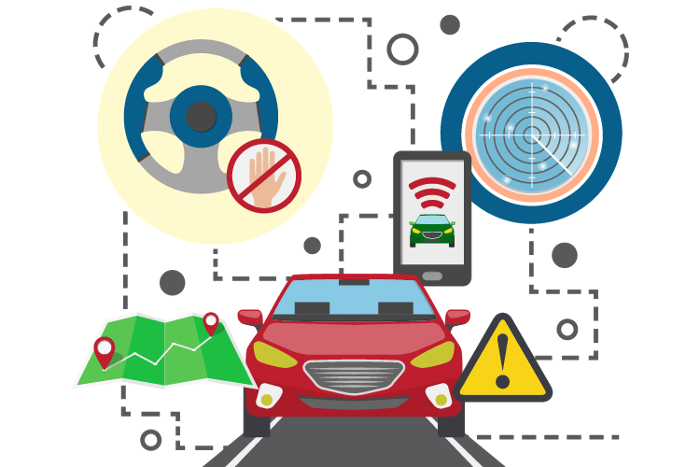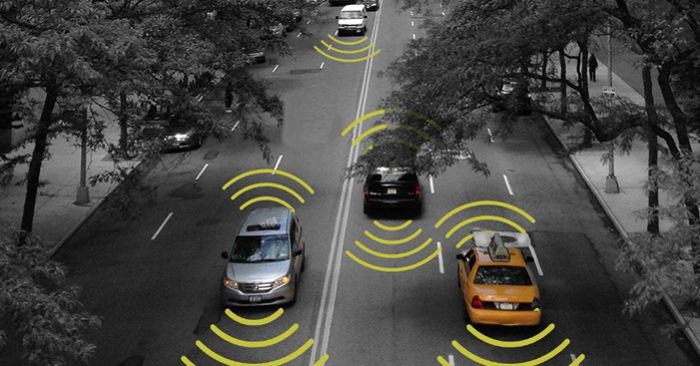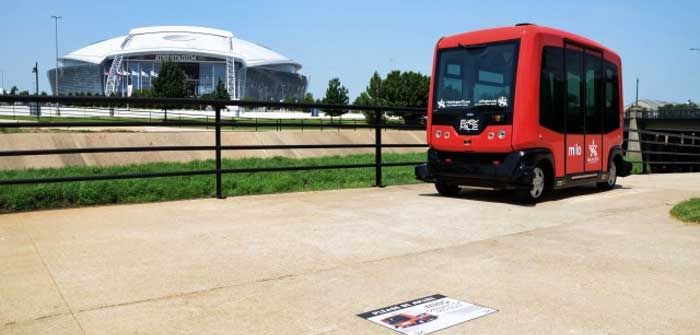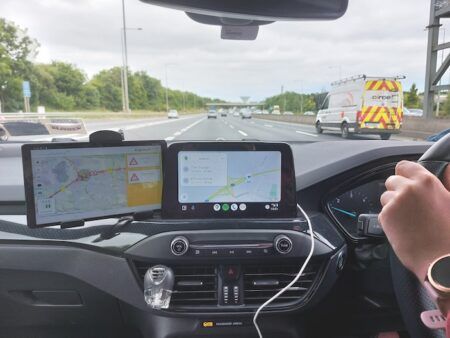One of the USA’s largest highways agencies, the Texas Department of Transportation (TxDOT), has announced that it is going to create a Connected and Autonomous Vehicle (CAV) Task Force to become a central point for the advancement of new driving technologies statewide.
The new TxDOT task force is designed to be a one-stop resource for information and coordination on all ongoing CAV projects, investments and initiatives in Texas. In addition to documenting public and private entity efforts and facilitating partnerships, the CAV Task Force will host industry forums and report lessons learned to facilitate progress and encourage greater collaboration.
The state is keen to build momentum as key area for research and investment around new mobility systems and the task force will continue to enable companies to pursue innovative ideas around CAV technology in a business-friendly way.
The Task Force is expected to work with the Smart Mobility Texas auto maker-led coalition and the state’s three major academic organizations, the Texas A&M Transportation Institute (TTI), the University of Texas at Austin’s Center for Transportation Research (CTR), and Southwest Research Institute (SwRI), which have formed the Texas Automated Vehicle (AV) Proving Ground Partnership.
 The CAV Task Force will also build on legislation passed by the 85th Legislature relating to how connected and automated vehicles can operate in the state.
The CAV Task Force will also build on legislation passed by the 85th Legislature relating to how connected and automated vehicles can operate in the state.
On average, the population in Texas grows by about 1,100 people each day. To meet this growth, TxDOT is keen to examine the new technologies as a method to addresses congestion on the 80,000 miles (128,750km) of road it is responsible for, particularly those around the Houston, Dallas, Fort Worth, San Antonio and Austin metropolitan areas, which are home to 65% of the state’s population and 92 of its Top 100 congested roads.
TxDOT has had a keen interest in the progress of autonomous vehicles as they have the potential to greatly reduce crashes and improve roadway safety over time. They also provide opportunities to reimagine personal and commercial mobility with quality of life and economic benefits.
The agency notes that, as an example, CAV technology could enable greater mobility for those who rely on transportation from others to access health care and routine appointments, such as the elderly and people with disabilities.

Due to the size of the state and the large distances involved in the transportation of goods across its primary freight routes, the Task Force will also study how the new CAV technologies can be applied to trucks and other heavy vehicles.
“Our goal is to further build on the momentum already established with the Texas Technology Task Force and the Texas Innovation Alliance, and work with interested parties on the latest and greatest in CAV projects and enhancements,” explained TxDOT’s executive director, James Bass. “We look forward to furthering these important efforts as connected and autonomous vehicles become reality.”
Texas Governor Greg Abbott commented, “With our world-class universities, top-notch workforce and startup culture, Texas is a national leader in the development of new technologies. As transportation technology advances, the CAV Task Force will ensure that the Lone Star State remains at the forefront of innovation.”






